Oh there once was a woman
and she kept a shop
selling trinkets to tourists
not far from a dock
who came to see what life could be
far back on the island.
And it was always a party there
always different but very nice
New friends to give you advice
or fall in love with you which is nice
and each grew so perfectly from the other
it was a marvel of poetry
and irony
And in this unsafe quarter
much was scary and dirty
but no one seemed to mind
very much
the parties went on from house to house
There were friends and lovers galore
all around the store
There was moonshine in winter
and starshine in summer
and everybody was happy to have discovered
what they discovered
And then one day the ship sailed away
There were no more dreamers just sleepers
in heavy attitudes on the dock
moving as if they knew how
among the trinkets and the souvenirs
the random shops of modern furniture
and a gale came and said
it is time to take all of you away
from the tops of the trees to the little houses
on little paths so startled
And when it became time to go
they none of them would leave without the other
for they said we are all one here
and if one of us goes the other will not go
and the wind whispered it to the stars
the people all got up to go
and looked back on love






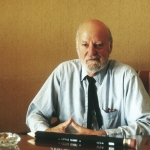


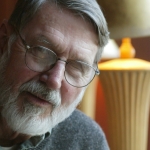
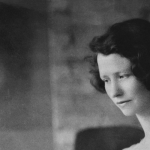
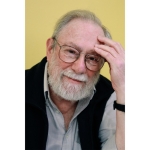

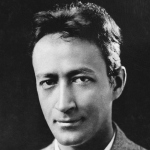




Comment form: